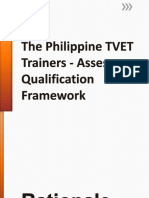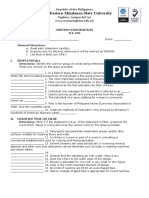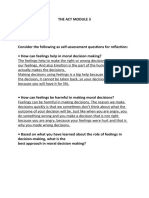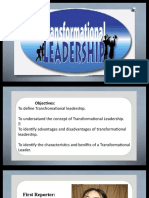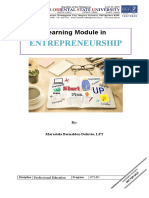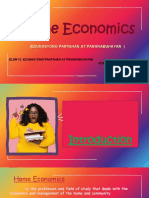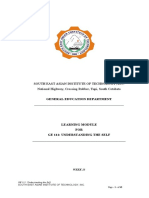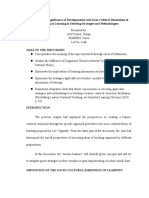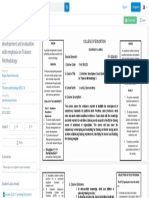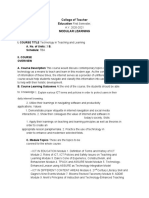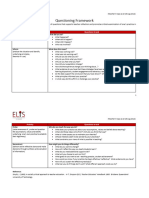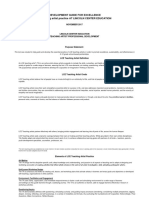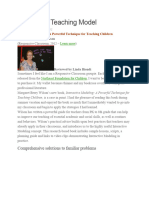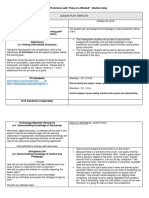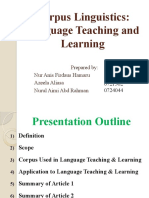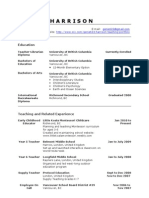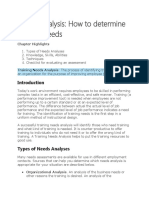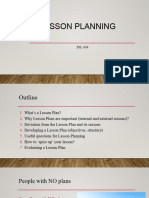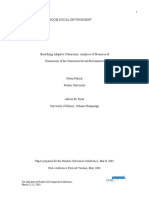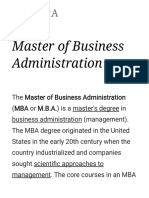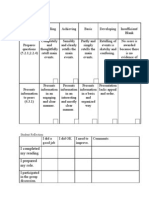0% found this document useful (0 votes)
410 views10 pagesCourse Notes - Module 2 - Adult Learning and Andragogy
The document discusses the differences between pedagogy and andragogy, with pedagogy referring to teaching children and andragogy referring to teaching adults. It presents a teacher's view that the approaches are not exclusive to different age groups and that andragogical principles can be applied to students as well depending on their needs and level of self-direction. Participants are then directed to readings, videos, and activities to help them better understand and apply andragogical principles when facilitating adult learning.
Uploaded by
Noah Zhang Hua'AnCopyright
© © All Rights Reserved
We take content rights seriously. If you suspect this is your content, claim it here.
Available Formats
Download as PDF, TXT or read online on Scribd
0% found this document useful (0 votes)
410 views10 pagesCourse Notes - Module 2 - Adult Learning and Andragogy
The document discusses the differences between pedagogy and andragogy, with pedagogy referring to teaching children and andragogy referring to teaching adults. It presents a teacher's view that the approaches are not exclusive to different age groups and that andragogical principles can be applied to students as well depending on their needs and level of self-direction. Participants are then directed to readings, videos, and activities to help them better understand and apply andragogical principles when facilitating adult learning.
Uploaded by
Noah Zhang Hua'AnCopyright
© © All Rights Reserved
We take content rights seriously. If you suspect this is your content, claim it here.
Available Formats
Download as PDF, TXT or read online on Scribd
/ 10

